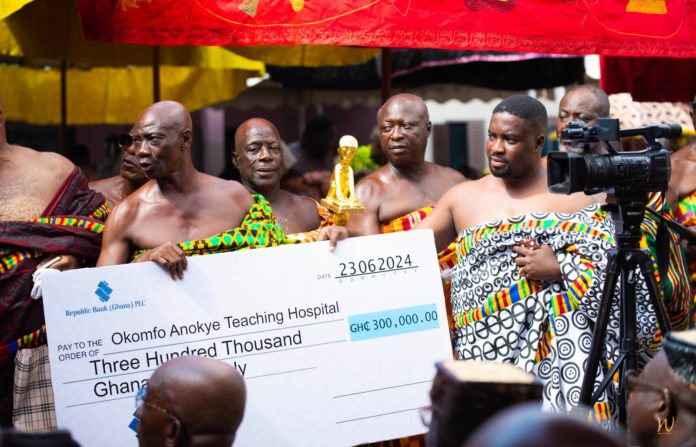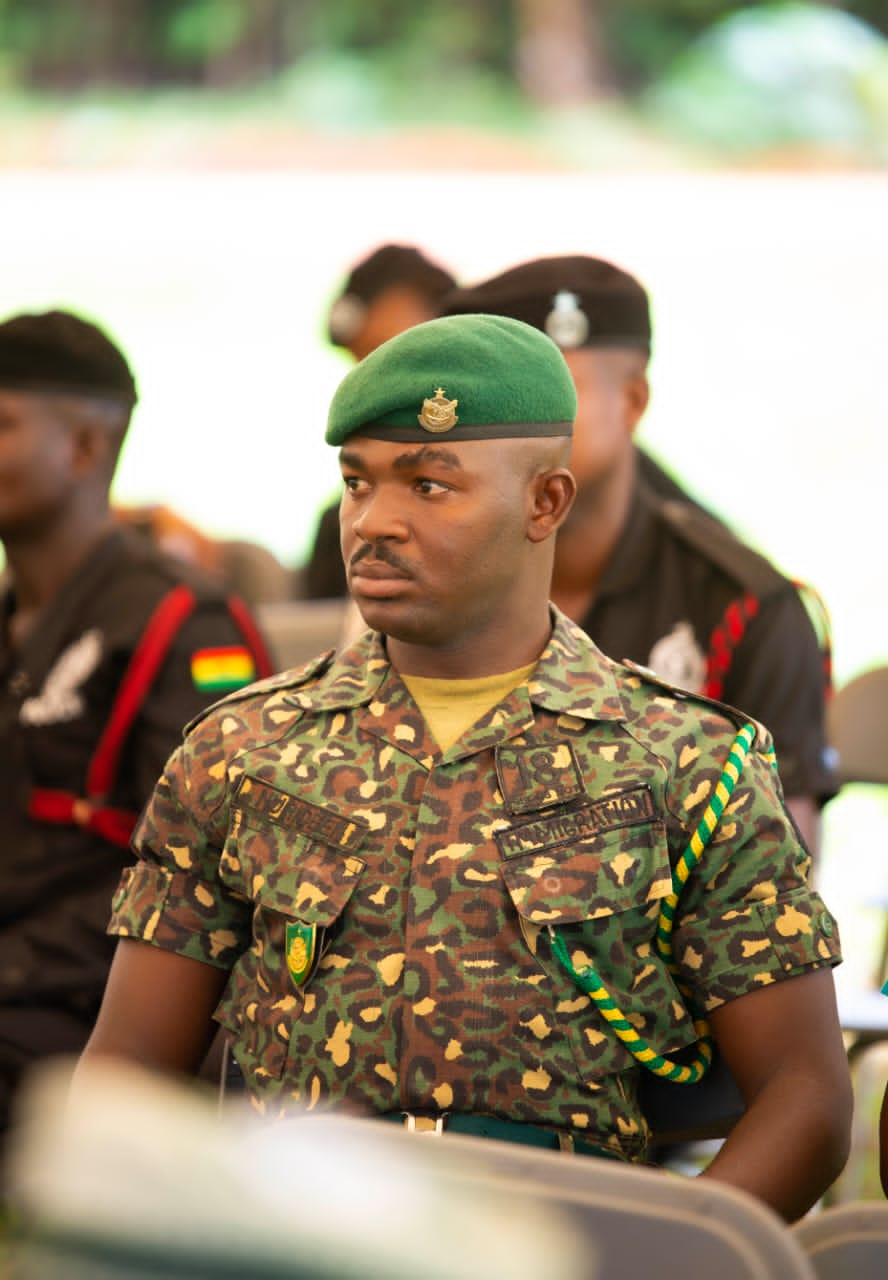June 3 Disaster: Survivors await justice nine years on
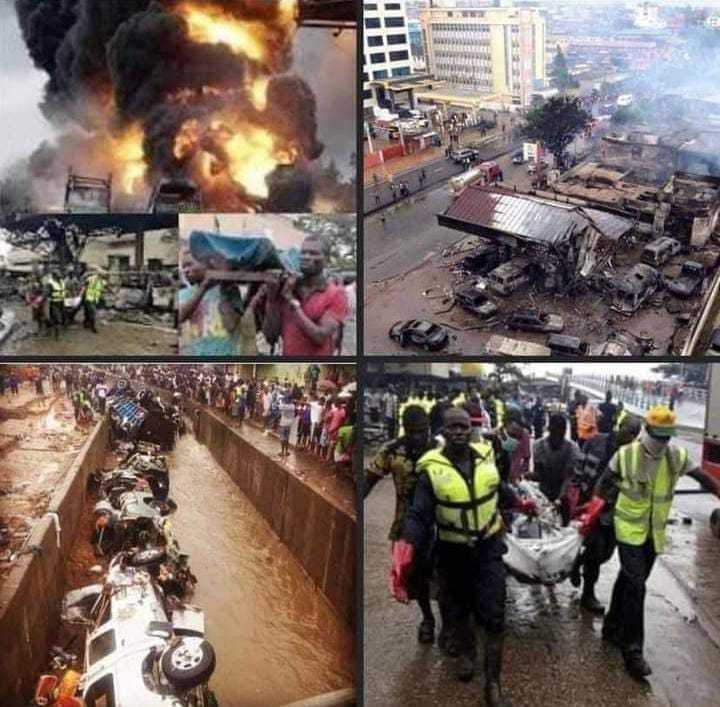
As the calendar marks nine years since the fateful day of June 3, the scars of the tragedy remain deeply in the hearts and lives of many.
The tragedy on June 3 left eternal scars on many, including 43-year-old Kasim Suraj, who has never been able to get his life back on track.
Every year, he returns to Kwame Nkrumah Circle, the place where he lost his wife and son in the fire. As he recounts his trauma, tears roll uncontrollably down his cheeks, reflecting the depth of his enduring pain.

“It has been nine years of pain and grief,” he says, his voice choked with emotion. “I have undergone over 20 plastic surgeries, but the pain never leaves.”
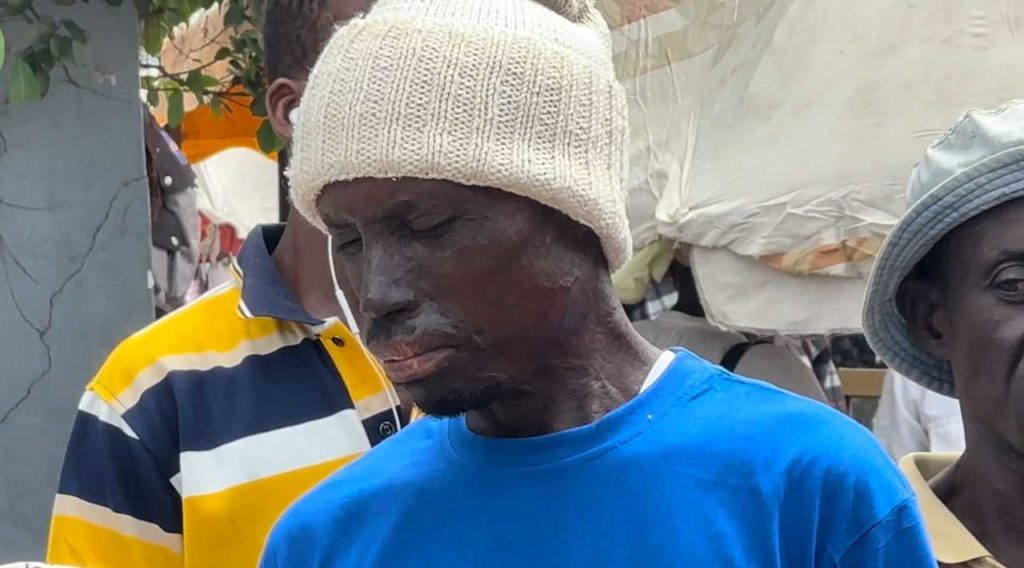
For Charles Appiah and his 13-year-old daughter, Ann, the day remains a haunting memory. Charles lost his wife in the disaster, and every year, he joins other victims to advocate for compensation. Ann, now 24, still struggles with the absence of her mother, a void that has left a profound impact on her life.
“My mother was my everything,” Ann says quietly. “Not a day goes by that I don’t miss her.”
Prince Kenneth Okoro, another victim, faced unimaginable trauma. He nearly lost his manhood in the tragedy, an injury that led to his wife divorcing him as he could no longer fulfill his marital duties. The incident not only shattered his body but also his personal life.
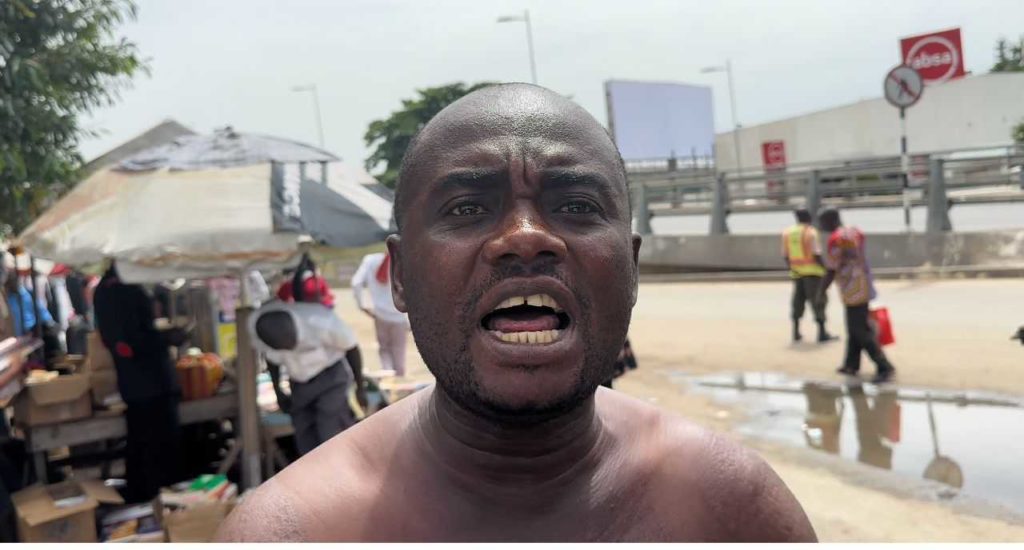
One of the most viral images from the disaster was a deceased woman holding her baby tightly to her chest after the floodwaters receded. Her husband, Ebenezer Siaw, returns every year to honor the memory of his wife and child, a painful reminder of the life he once had.

Senyo Hosi, former Chief Executive Officer of the Ghana Chamber of Bulk Oil Distributors and a member of the Civil Society Organisation OneGhana Movement, affirms that the pursuit of justice for the victims of the June 3 tragedy remains steadfast. He emphasizes the need for accountability and adequate compensation for those affected.
“We will not rest until justice is served for the victims of this disaster,” Hosi declares.
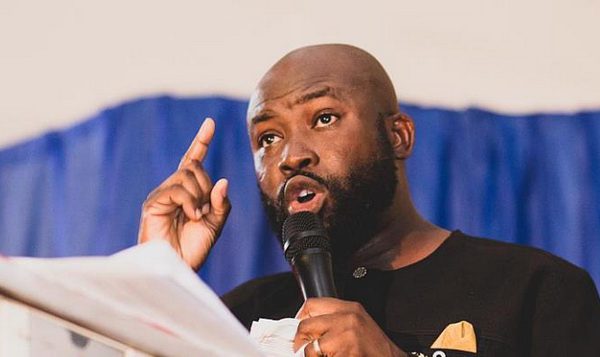
Joining the victims in commemorating the lives lost, the Municipal Chief Executive (MCE) for Korle Klottey, Nii Adjei Tawiah, laid wreaths to honor the deceased. The ceremony served as a solemn reminder of the lives tragically cut short.
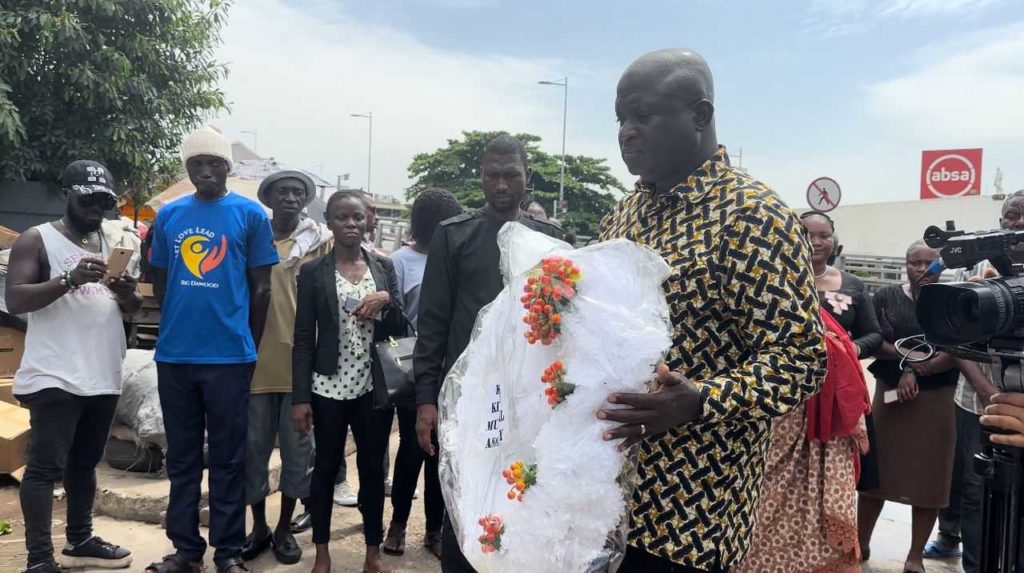
The disaster unfolded following hours of heavy rainfall in Accra. Amidst the downpour, fuel leakage from the GOIL station at Kwame Nkrumah Circle ignited due to a cigarette stub nearby, leading to an explosion amidst the flooding.
This incident not only highlighted the vulnerability of the city’s infrastructure but also the dire need for systemic changes to prevent such tragedies.
Year after year, the rains persist, yet the root issue remains glaringly unresolved. Accra continues to grapple with floods, causing devastation and claiming lives and property. The survivors of the June 3 disaster, along with many others, await the day when such preventable tragedies become a thing of the past, and justice is finally served.
